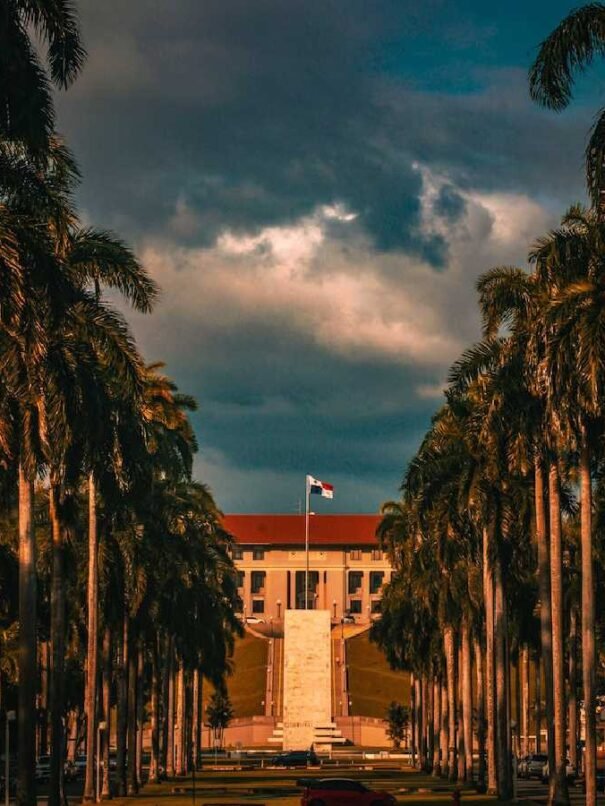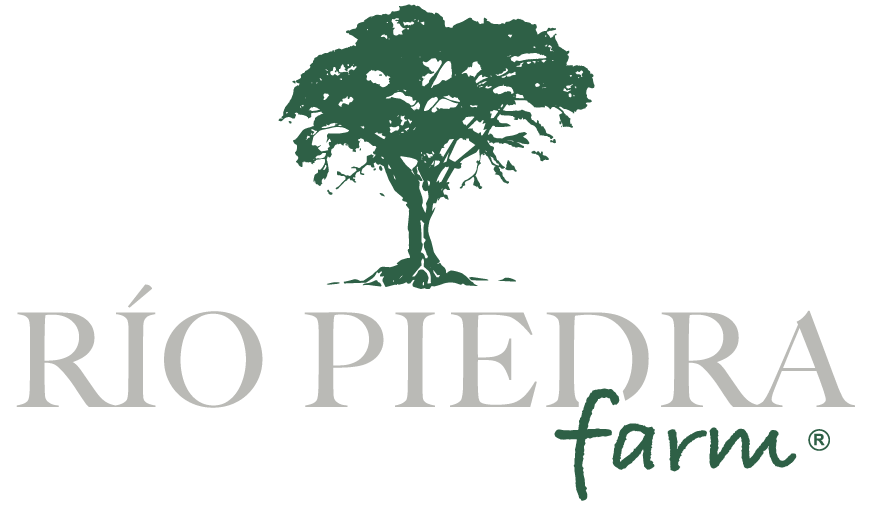Natural Environment
A place surrounded by jungle, rivers, mountains, waterfalls and bathed by the sea

Ecotourism Project...
Río Piedra Farm
A unique complex developed with tourism, entertainment and nature as the main attractions in mind. It was born from the idea of promoting ecotourism or ecological tourism in the Republic of Panama, a country rich in a variety of species of animals, plants...
Luxurious by Nature...
About Río Piedra
If we go back in time, the land was acquired in year 1991 by a businessman based in the Province of Colón, Mr. Abdul Omais, who had emigrated from his native Lebanon 10 years ago (1981). Located in a privileged environment, bathed by the Caribbean Sea, rivers (Santa Isabel, Brazuelo and Río Piedra) , waterfalls, mountains and jungles, the farm is specifically located in the area of María Chiquita, District of Portobelo , Province of Colón. With a total area of 426 hectares, of which an important part is harvested for fruits, vegetables and native plants, Río Piedra Farm offers visitors a large recreation area. In its territory we will be able to find a multitude of species of monkeys, birds, butterflies, fish, reptiles, etc., a symbol of the exuberant ecosystem that this land treasures.


A country with history...
About Panamá
Three million years ago, after a few years of tectonic movements and volcanic activity, a narrow strip of land called the isthmus arose that separated the waters of the Caribbean and the Pacific and at the same time united the continental masses of North America and South.
In 1501 the discovery of Panama by the Spanish explorer Rodrigo de Bastidas marked the beginning of the era of conquest and colonization on the isthmus.
In November 1821, the desire for independence that ran throughout the continent reached Panama, which became immediately join Gran Colombia.
On November 3, 1903 a revolutionary junta declared independent Panama, known today, especially for your fabulous channel.
A corner to discover...
About Colón
Its name is due to the explorer and conqueror Christopher Columbus who, at the beginning of the sixteenth century, during his fourth and last trip, he sighted for the first time the lands that today form Columbus, arriving at the Bay of Portobelo on November 2, 1502.
The province of Colón was founded on February 27, 1852 . Due to its special location near the Caribbean entrance of the Panama Canal, it is of commercial importance for the country due to the Zone Libre de Colón (the second largest in the world) and for the activity in the different ports.
María Chiquita:
As the story goes, the first family that arrived at the place had two daughters named “María”. Initially they named the town María Grande, in honor of the eldest daughter. But the town grew and another neighborhood was made, which they baptized with the name María Chiquita, in honor of the little daughter.

Biodiversity
Panama is one of the most biodiverse countries in the world, where we can find everything from tropical forests and mangroves to coral reefs. It is estimated to have 4.9% of the entire world’s biodiversity. With an area of 75,517 km², Panama is home to approximately 3.4% of the species of amphibians of the world, the 2.3% of its species of reptiles, 9% of the known bird species, and the 4.8% of mammal species.






Culture & Tradition
Everything in Panama, from its folklore, dresses, music, food, dances, customs and traditions, is influenced by the melting pot of races and cultures that, over time, have inhabited and have mixed with the original population of indigenous roots.
A marked Spanish legacy stands out due to the long period of colonization and miscegenation, although depending on the area of Panama you visit, you can also notice the influence of other cultures such as: the Anglo-Saxon, the Afro-Antillean, the African, the European, the Hindu and even the Chinese.
This mix of peoples, customs and roots has allowed Panama to become a multicultural and open society, becoming not only the geographical center of the American continent, but also a center international logistics and in a country that receives foreign cultures.




